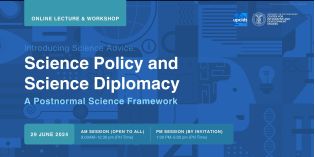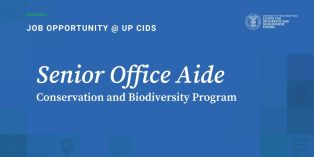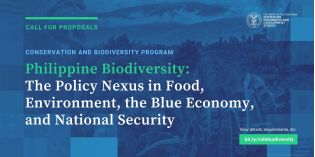Rationale and Objectives
Philippine laws concerning biodiversity conservation are one of the most progressive in the world. However, there is a need to assess the policy impact of biodiversity and whether biodiversity policy meets principles of ecological integrity and sustainability, and whether outcomes are realized. This will inform the country to take on its international obligations in biodiversity conservation to meet UN Sustainable Development Goals 13,14 and 15.
As biodiversity is essential in providing the sustainable base for agriculture and fisheries and its strategic dimensions, three foci of policy research in this program include assessing 1) the nexus between fisheries, aquaculture, and environmental sustainability, 2) the effectivity of protected areas governance and ecological outcomes in the context of resiliency in global anthropogenic climate change and, 3) Policy and strategic dimensions in marine science research (MSR). These areas have all relevance to food, environment, and national security
The program framework is under the postnormal science paradigm which is what the International Science Council (ISC) and the International Network for Governmental Science Advice (INGSA) promote.


